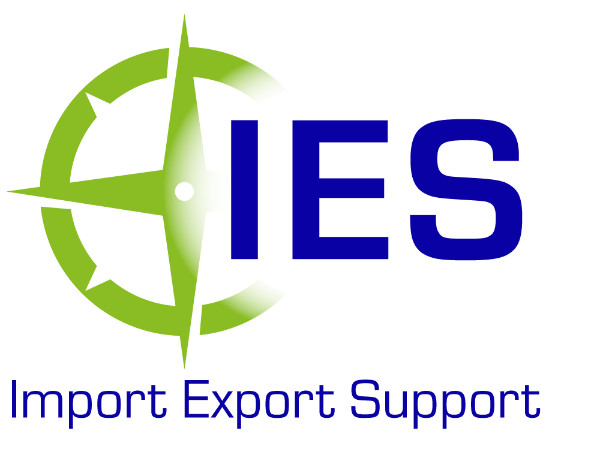Northern Ireland – the mist is clearing

After our recent briefing on the future of trade in Northern Ireland (NI), further details have emerged on the Government’s plans.
For exporters in the East of England, below is our summary of the key points.
Freight travelling from the UK to NI
Firstly, the document makes it clear that for freight travelling from the UK to NI:
- All goods must be declared to customs
- HMG has the opportunity to carry out checks at NI ports and airports before the goods are released
- No tariffs on goods remaining within NI
- There will be tariffs on goods which are at risk of entering the EU, eg crossing the border into Eire. The tariffs applicable may be 0% or lower than mfn (most favoured nation) dependant on the outcome of the UK/EU free trade agreement negotiations
How the new arrangements will work
NI port and terminal operators have been asked to choose between two models to carry out customs processes:
Model 1: Temporary Storage
For businesses who currently export to the Rest of World (RoW), this system will be familiar, as it is used in existing ports handling RoW traffic. It provides storage for goods while customs declarations are made and customs clearance is given. Goods can be stored at the location of arrival for up to 90 days before they are declared to free circulation or other relevant procedure.
Model 2: Pre-Lodgement
This model uses a new system developed by HMRC to carry out customs processes, and the Government is hoping this will become the preferred system in NI.
It is designed to speed the flow of goods through NI ports by requiring customs declarations to be pre-lodged prior to goods departing for NI.
Traders will have to:
- Ensure all goods have the appropriate declarations before they board a ferry or plane to NI
- Communicate to the person in control of the goods (e.g. the driver of a lorry for accompanied goods or the carrier for unaccompanied goods) by the time they arrive in NI whether goods are cleared to proceed on their journey or need a check
How Pre-Lodgment will work
To facilitate pre-lodgement, the Government will introduce a couple of new acronyms into the exporter’s vocabulary
GMR
Every consignment will need a Goods Movement Reference (GMR), the single declaration that will be the key to goods moving smoothly through NI ports. The GMR pulls together three documents:
- Import declaration with customs codes
- Safety and security declaration
- Transit Accompanying Document (TAD) which will remain with the vehicle at all times
GVMS
The Goods Vehicle Movement Service (GVMS) is the new IT system that will support the pre‐lodgement model:
- GVMS will handle all GMR declarations. The person moving the goods (e.g. a haulier) will present one single reference before boarding to prove that their goods have pre‐lodged declarations
- As soon as the goods board, GVMS will link up the movement of the goods with the declaration and process the declaration whilst the goods are en route
- By the time the goods arrive at the NI port, GVMS will notify the exporter whether the goods are cleared or uncleared, so they know what they need to do as goods disembark
- The policy document indicates most trucks will be green-lit to proceed, some will require further checks or processing.
We have seen rumours that the pre-lodgement system will be trialled in November, but we have no confirmation of this yet. The system is scheduled to go live in January.
Importing goods from NI
If you currently buy goods from businesses in NI, the information is much simpler. The policy document says:
In the majority of cases, there should be no additional processes or paperwork and there will be no change to how Northern Ireland goods arrive in Great Britain ports compared to today.
Click the button to read the full document
We can expect further developments on this and other import and export systems, we will endeavour to keep you updated. As always, please call or email me with comments or questions, we’re always happy to discuss individual issues.

